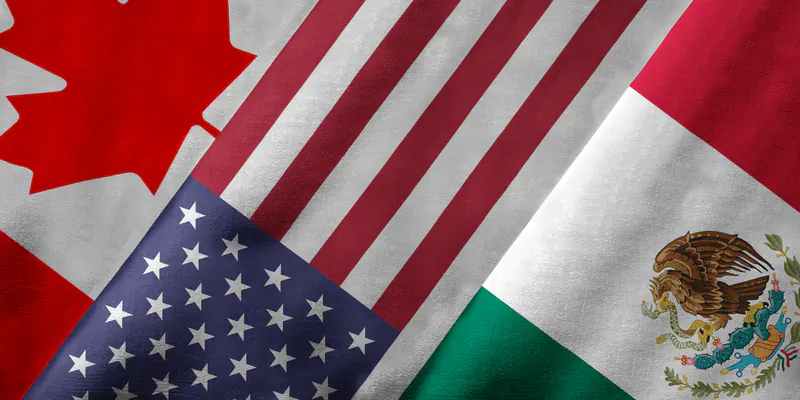CUSMA: Working in Canada as an American or Mexican citizen

Generally speaking, when a foreign national wishes to work in Canada, they require a job offer from an employer with a positive Labour Market Impact Assessment. An LMIA (Labour Market Impact Assessment) is an application completed by a Canadian employer (or its representative) demonstrating to Service Canada they have been unable to fill labour shortages locally and therefore must look to international markets to meet their hiring needs.
There are different types of LMIAs, depending on the type of job and the wages being offered including:
- Low Wage
- High Wage
- Supporting Permanent Residency
- Global Talent Stream
- Season Agricultural Worker
- Agricultural Worker
- In-home caregiver
Each LMIA will have varying criteria, recruitment requirements, transportation and accommodation requirements, and processing fees. For example, to hire one foreign worker in a high wage position (meaning the employer will be paying them above the median wage), there is a $1000 government processing fee.
However, for some foreign nationals, an exemption to the traditional LMIA exists. This is referred to as the International Mobility Project which facilitates temporary entry to Canada for select individuals who, among other things, are citizens of the U.S. and Mexico. CUSMA (Canada-United States-Mexico Agreement) formally known as NAFTA, eliminates the need for an LMIA for certain business people covered under the Agreement. And while CUSMA does not allow for permanent entry nor does it replace the general provisions and admissibility requirements for foreign nationals, it does allow those eligible candidates an exemption most foreign workers are not privy to.
There are four main categories under CUSMA:
- Business Visitors
- Professionals
- Intra-company Transferees
- Traders and Investors
Business Visitors are those who participate in international business activities for the purpose of research, design, growth, manufacturing and production, marketing, sales, distributions, service-after-sale; and other general services. A full listing of these functions can be found here. They are authorized to work in Canada without a work permit.
Some examples of activities a business visitor may perform would be:
- Consultations
- Negotiations
- Research
- Conventions & Meetings
Business visitors NEED to apply at the Port of Entry. An application under this stream cannot be made prior to coming to Canada.
Professionals may enter Canada as either as a salaried employee of a Canadian organization OR through a contract between the professional and a Canadian employer OR through a contract between the American or Mexican employer of the professional and a Canadian organization. A full listing of who qualifies under a Professional can be found here. There are currently 63 occupations covered by the Agreement and each profession has its own licensing and educational requirements and enter Canada to provide services in the occupation to which they are qualified for. While professionals under CUSMA do not require an LMIA, they do require a work permit.
Some occupations under the Professional category include: Accountant, Engineer, Dentist, Pharmacist, Physical Therapist, Veterinarian, Chemist, and Geologist.
Professionals can apply at a Port of Entry OR at a visa office prior to arrival.
Intra-company transferees under CUSMA are employed by an American or Mexican business as an executive or senior manager level and possess specialized knowledge. The transferee is entering Canada to work at the company’s parent. Subsidiary, or affiliate business. Intra-company transferees are exempt from the LMIA process but still require a work permit.
Intra-company transferees can apply at a Port of Entry OR at a visa office prior to arrival. They can also apply from within Canada after they’ve already entered Canada as a visitor.
Traders and investors carry out specific business activities in the trading or investing sector for goods or services between the U.S. or Mexico and Canada. Investors must have committed (or are in the process of committing) a significant amount of capital in Canada. Traders and investors are not subject to the LMIA process but require a work permit.
Although the Regulations give traders and investors the options to apply at the Port of Entry, it’s strongly encouraged they submit their application at a visa office prior to arriving in Canada.
Additionally, traders must also apply for trader status.
If you believe you fall under one of the above categories, you may read through the policy, procedure and guidance here.
The article above is intended to provide general and non-case specific information on immigration related matters. It should not be used or relied on as formal legal advice.

